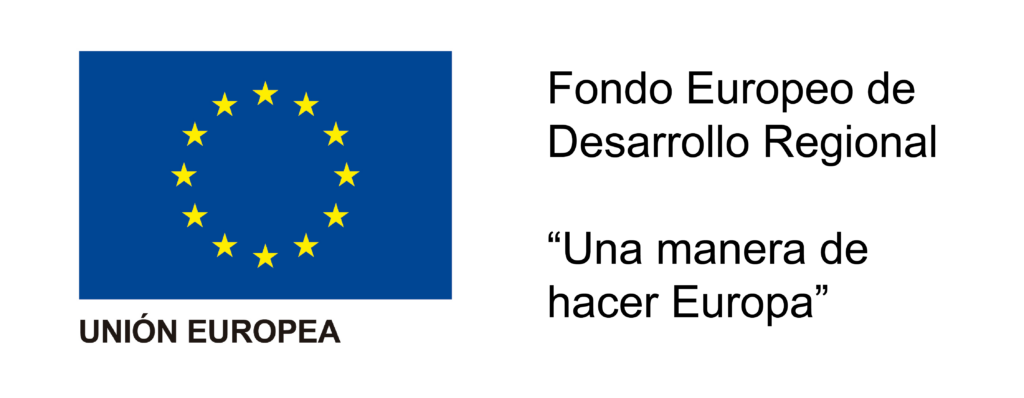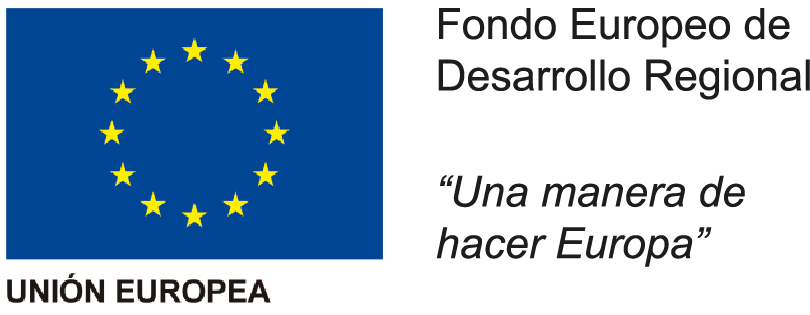- Beyond the Classroom: Pivotal Developments in ghana education news and National Progress.
- Expanding Access and Equity in Ghanaian Education
- Curriculum Reforms and the Focus on Skills Development
- Teacher Training and Professional Development
- The Role of Technology in Enhancing Education
- Challenges and Future Prospects
- Navigating the Path Forward
Beyond the Classroom: Pivotal Developments in ghana education news and National Progress.
The landscape of education in Ghana is undergoing significant transformation, marked by ambitious reforms and evolving challenges. Recent developments in the sector are capturing attention, impacting students, educators, and the nation’s future trajectory. Understanding these shifts requires a comprehensive look at policy changes, infrastructural improvements, and the persistent hurdles hindering access to quality education for all Ghanaians. This exploration into ghana education news provides an overview of the current state of affairs and the key issues shaping the educational system.
From curriculum revisions to increased access to technology, the Ghanaian education system is actively striving to meet the demands of a rapidly changing world. The government’s commitment to free secondary education, while laudable, has brought about its own set of complexities, including increased enrollment and the need for expanded resources. The discussion concerning education are crucial to charting the path towards a brighter and more equitable future for Ghana.
Expanding Access and Equity in Ghanaian Education
One of the primary focuses of recent educational initiatives in Ghana has been the expansion of access to education, particularly at the secondary and tertiary levels. The Free Senior High School (SHS) policy, introduced in 2017, aimed to remove financial barriers to secondary education, resulting in a significant increase in enrollment. However, this surge in student numbers has also presented challenges in terms of infrastructure, teacher availability, and resource allocation. Ensuring equitable access remains a core challenge, with disparities still existing between urban and rural areas, as well as among different socio-economic groups.
Beyond the SHS level, efforts are also underway to broaden access to tertiary education. The government continues to invest in expanding university capacity and establishing new institutions to accommodate the growing number of qualified students. Scholarships and financial aid programs are also available to support students from disadvantaged backgrounds. Addressing regional imbalances in educational opportunities remains a vital component of creating a more just and inclusive system.
The following table illustrates the student enrollment rates at different levels of education in Ghana over the past five years, demonstrating the impact of initiatives like the Free SHS policy:
| Primary School | 9,876,543 | 10,012,387 | 10,155,789 | 10,306,214 | 10,458,921 |
| Junior High School | 2,018,235 | 2,087,962 | 2,157,124 | 2,228,895 | 2,303,451 |
| Senior High School | 1,263,457 | 1,338,786 | 1,405,237 | 1,478,998 | 1,554,602 |
| Tertiary Education | 356,542 | 388,219 | 422,893 | 457,621 | 494,305 |
Curriculum Reforms and the Focus on Skills Development
Recognizing the need to align the education system with the demands of the modern job market, Ghana has been undergoing significant curriculum reforms. The new curriculum, introduced in phases, emphasizes critical thinking, problem-solving, creativity, and digital literacy. The aim is to move away from rote learning and towards a more competency-based approach, equipping students with the skills they need to thrive in the 21st century.
Alongside these curriculum changes, there is a growing recognition of the importance of Technical and Vocational Education and Training (TVET). The government is investing in upgrading TVET institutions and promoting TVET programs to address the skills gap in various sectors of the economy. Efforts are also underway to reshape perceptions of TVET, which historically has been viewed as a second-tier option.
Here’s a list of key skills prioritized in the new Ghanaian curriculum:
- Critical Thinking and Problem Solving
- Creativity and Innovation
- Digital Literacy
- Communication and Collaboration
- Leadership and Responsibility
Teacher Training and Professional Development
The success of any curriculum reform hinges on the quality of teachers. The Ministry of Education is implementing various programs to enhance teacher training and professional development. This includes providing in-service training opportunities, offering scholarships for teachers to pursue higher education, and introducing mentorship programs. Investing in teacher quality is recognized as crucial for improving learning outcomes and ensuring that students receive a high-quality education.
Challenges remain in attracting and retaining qualified teachers, particularly in rural areas. Low salaries, limited career progression opportunities, and inadequate resources often contribute to teacher shortages. Addressing these issues is essential for ensuring that all students have access to well-qualified and motivated educators.
The implementation of Continuous Professional Development (CPD) framework for teachers at all levels is vital. The framework ensures that teachers regularly update their skills and knowledge to remain relevant in the ever-changing educational landscape, and enhance their expertise in core areas like pedagogy, assessment, and subject matter knowledge. Ultimately, a continuous commitment to professional development is a crucial investment in the future of Ghanaian education.
The Role of Technology in Enhancing Education
The integration of technology into the education system is gaining momentum in Ghana. The government is working to provide schools with access to computers, internet connectivity, and educational software. E-learning platforms are being developed and deployed to supplement traditional classroom instruction and provide students with access to learning resources beyond the school day. However, the digital divide remains a significant challenge, with many schools in rural areas lacking the necessary infrastructure and resources.
Efforts are being made to bridge the digital divide through initiatives such as the provision of laptops and tablets to schools, as well as the expansion of internet access through the National Fibre Optic Backbone. Teacher training programs are also incorporating technology integration to ensure that educators are equipped with the skills to effectively use technology in the classroom. The potential of technology to transform education in Ghana is immense.
Here are some of the current digital learning initiatives in Ghana:
- iCampus Project: Providing e-learning resources and platforms to universities.
- Ghana Learning Radio: Broadcasting educational programs via radio to reach remote communities.
- Mobile Learning Initiatives: Utilizing mobile phones to deliver educational content.
Challenges and Future Prospects
Despite the progress made in recent years, the Ghanaian education system still faces numerous challenges. These include inadequate funding, outdated infrastructure, limited access to quality teaching, and persistent inequalities in access and outcomes. Addressing these challenges requires a sustained and concerted effort from the government, educators, parents, and the wider community. Improving the quality of education for all children requires increased investment, innovative approaches, and a commitment to equity and inclusion.
Looking ahead, the future of education in Ghana is promising. The government’s commitment to education, coupled with the growing demand for skilled workers, creates a favorable environment for continued progress. Embracing technology, fostering innovation, and investing in teacher quality will be key to unlocking the full potential of the education system and preparing Ghanaians for the challenges and opportunities of the 21st century. Ongoing, proactive solutions are needed.
The following table displays the key challenges and potential solutions in the current educational landscape:
| Inadequate Funding | Increased government investment, exploring public-private partnerships |
| Outdated Infrastructure | Rehabilitation of existing schools, construction of new facilities |
| Teacher Shortage | Recruitment campaigns, improved teacher training and retention policies |
| Equity Issues | Targeted support for disadvantaged communities, scholarships and financial aid |
Navigating the Path Forward
The ongoing refinements in Ghana’s educational framework, including enhanced teacher support and the integration of technological resources, are all geared towards constructing a system that not only delivers quality education but also promotes equity and inclusivity. Overcoming the hurdles present is a collective responsibility – the government, educators, communities, and learners. Successfully navigating these obstacles is crucial for equipping the next generation with the skills and knowledge required to contribute meaningfully to Ghana’s growth.
Ultimately, a dynamic and responsive education system is not merely about imparting knowledge but about fostering lifelong learning, critical thinking, and innovation. It’s about empowering individuals to reach their full potential and contribute to a prosperous and equitable future, ghana education news constantly reflecting this ambition.

